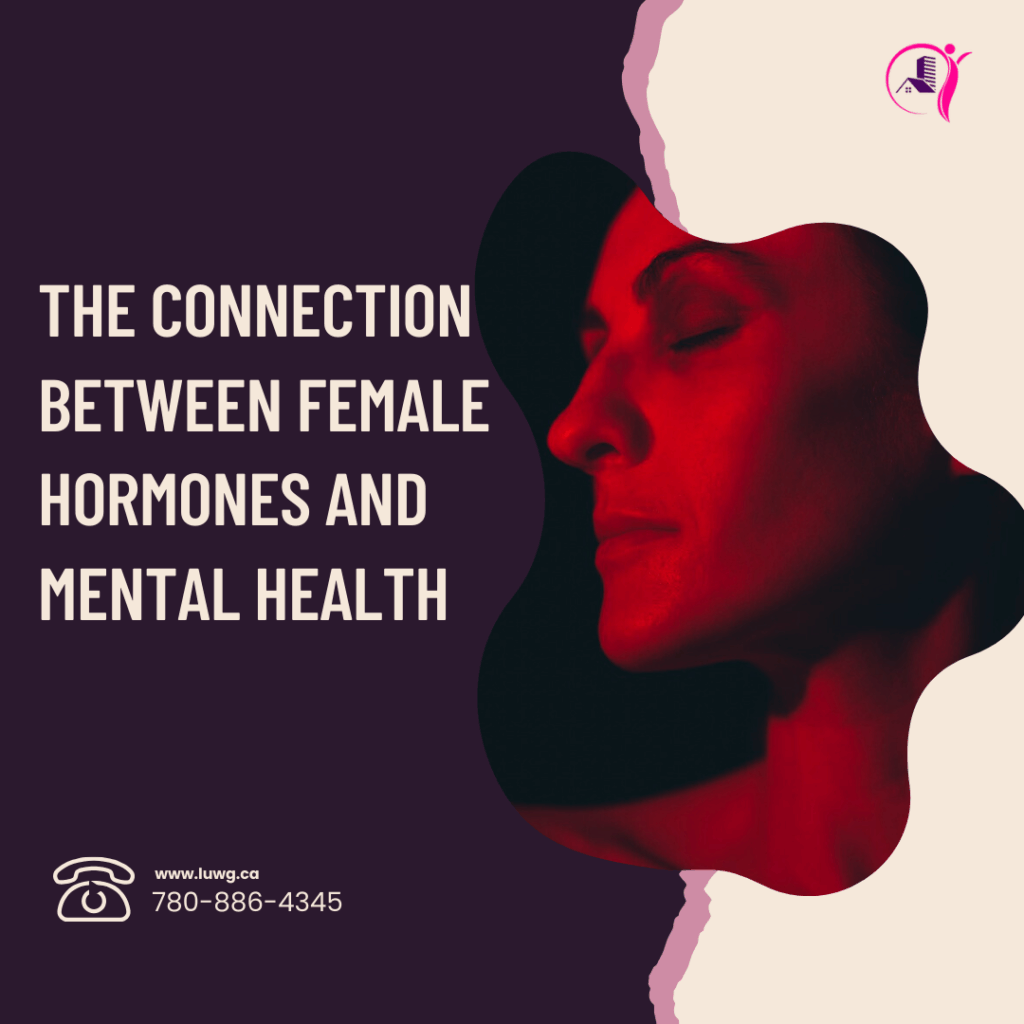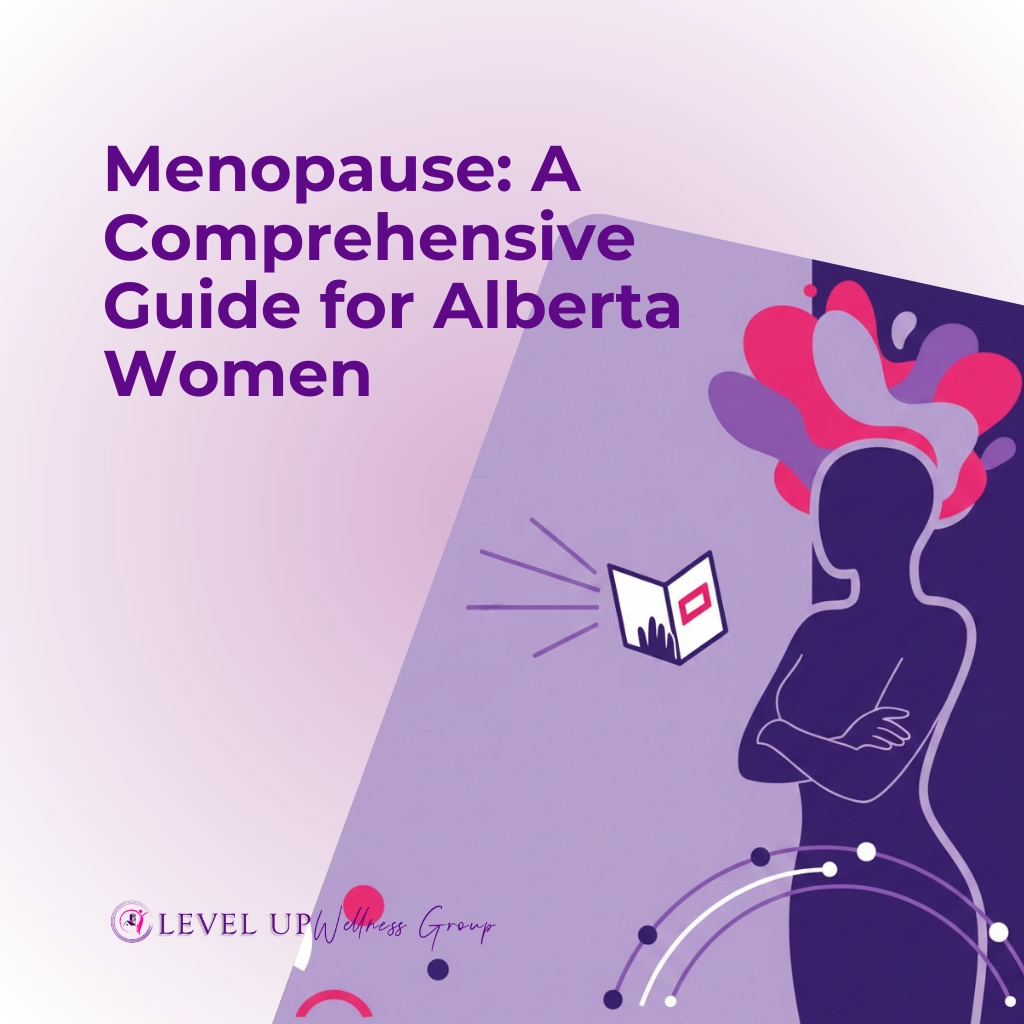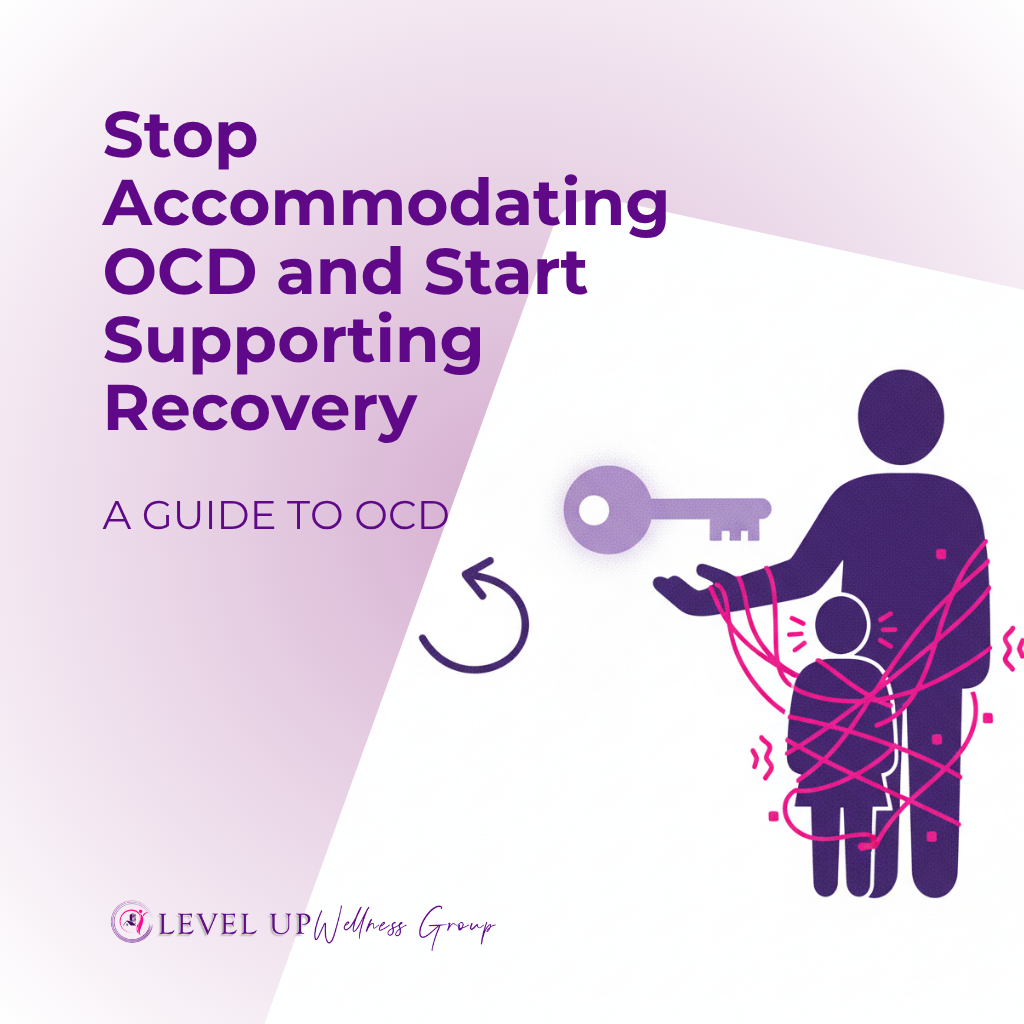
Understanding the Link Between Hormones and Mental Health
Hormones play a vital role in regulating various bodily functions, including metabolism, reproduction, and mood. For women, hormonal fluctuations throughout different life stages—puberty, menstruation, pregnancy, postpartum, and menopause—can significantly impact mental health.
Understanding the connection between female hormones and mental health can help women manage emotional challenges, improve well-being, and seek appropriate support when needed.
In this article, we’ll explore how hormonal changes affect mood, common hormone-related mental health issues, and effective strategies for balancing hormones to support mental well-being.
How Female Hormones Affect Mood and Mental Health
Hormones act as chemical messengers in the body, influencing brain function and emotions. The key hormones that play a role in mental health include:
1. Estrogen
Estrogen is one of the primary female sex hormones. It has a protective effect on the brain, promoting serotonin production (the “feel-good” neurotransmitter). However, fluctuations in estrogen levels, such as those during the menstrual cycle, pregnancy, or menopause, can lead to mood swings, anxiety, and depression.
2. Progesterone
Often referred to as the “calming hormone,” progesterone helps regulate sleep and reduce anxiety. However, low progesterone levels, which can occur due to stress, menopause, or hormonal imbalances, may contribute to irritability, anxiety, and sleep disturbances.
3. Cortisol
Cortisol, the body’s primary stress hormone, affects how women respond to stress. Chronic stress can lead to an overproduction of cortisol, which may result in anxiety, depression, and difficulty concentrating.
4. Testosterone
While commonly associated with men, testosterone is also crucial for women. It influences energy levels, motivation, and libido. Low testosterone levels in women may contribute to fatigue, low mood, and reduced motivation.
5. Thyroid Hormones
The thyroid gland produces hormones that regulate metabolism and energy levels. Imbalances in thyroid hormones (hypothyroidism or hyperthyroidism) can cause mood disorders, brain fog, depression, and anxiety.
Common Mental Health Issues Linked to Hormonal Imbalances
1. Premenstrual Syndrome (PMS) and Premenstrual Dysphoric Disorder (PMDD)
Many women experience PMS, which includes mood swings, irritability, and anxiety before menstruation. In severe cases, PMDD can cause intense depression, emotional sensitivity, and difficulty functioning in daily life.


2. Postpartum Depression (PPD)
After childbirth, rapid hormone fluctuations can contribute to postpartum depression, affecting new mothers with feelings of sadness, exhaustion, and anxiety.
3. Menopausal Mood Disorders
As estrogen levels decline during menopause, women may experience mood swings, anxiety, depression, and sleep disturbances. Hot flashes and night sweats can further contribute to irritability and fatigue.


4. Anxiety and Depression Due to Hormonal Imbalance
Women with conditions like polycystic ovary syndrome (PCOS) or thyroid disorders often experience anxiety and depression due to hormonal irregularities.
How to Balance Hormones for Better Mental Health
While hormonal fluctuations are a natural part of life, there are strategies to help balance hormones and support mental well-being:
1. Maintain a Nutrient-Dense Diet
- Include healthy fats (avocados, nuts, and olive oil) to support hormone production.
- Consume fiber-rich foods (vegetables, fruits, and whole grains) to regulate estrogen levels.
- Avoid processed foods, excess sugar, and caffeine, which can disrupt hormone balance.
2. Manage Stress Effectively
- Practice mindfulness, meditation, or deep breathing exercises.
- Engage in regular physical activity, such as yoga or walking.
- Prioritize self-care and relaxation.
3. Get Quality Sleep
- Maintain a consistent sleep schedule.
- Reduce screen time before bed.
- Create a relaxing bedtime routine to support melatonin production.
4. Exercise Regularly
- Engage in strength training and aerobic exercises to support hormonal health.
- Avoid overtraining, which can increase cortisol levels and lead to hormonal imbalances.
5. Consider Hormonal Therapy or Supplements
- Speak with a healthcare provider about hormonal therapy options.
- Consider supplements like magnesium, vitamin D, and omega-3 fatty acids, which support hormonal balance.
6. Seek Professional Support
If hormonal imbalances significantly impact mental health, consulting with a healthcare provider or therapist can provide guidance and treatment options tailored to individual needs.
Frequently Asked Questions (FAQ) About Female Hormones and Mental Health
Can hormone imbalances cause anxiety and depression?
Yes, fluctuations in estrogen, progesterone, thyroid hormones, and cortisol can contribute to anxiety and depression in women.
What is the best way to balance hormones naturally?
Eating a balanced diet, managing stress, getting quality sleep, and engaging in regular exercise can help regulate hormone levels.
How does menopause affect mental health?
Menopause can lead to mood swings, anxiety, depression, and sleep disturbances due to declining estrogen levels.
Can birth control pills help with hormone-related mood disorders?
Birth control pills can help regulate hormone levels and reduce PMS and PMDD symptoms, but they may also have side effects. Consult with a healthcare provider before starting any medication.
When should I see a doctor about hormone-related mental health concerns?
If mood swings, anxiety, or depression are interfering with daily life, seeking medical or psychological support is recommended.
Get Expert Support for Hormonal and Mental Health Concerns
Hormonal imbalances can significantly impact mental health, but solutions are available. At Level Up Wellness Group (LUWG), we specialize in women’s hormonal health and mental well-being.
🔹 Ready to take control of your hormonal health? Schedule a consultation today.
Balancing hormones is key to mental and emotional well-being. Let’s work together to help you feel your best!





